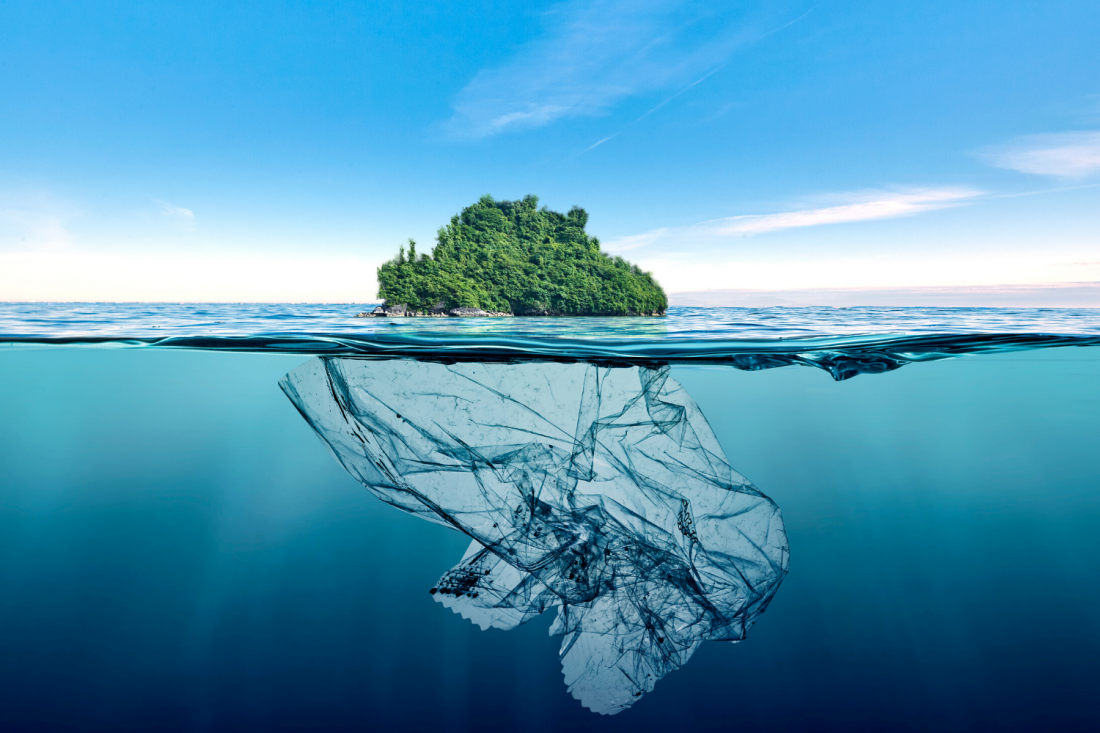COMMON in Venice for a Plastic-free healthy Mediterranean Sea

The BlueMed Pilot Action “Plastic-free for a healthy Mediterranean Sea” is again on the scene. Mediterranean countries’ experts and stakeholders meet in Venice, at Italian National Research Council (CNR-ISMAR), to continue the cross-border coordination to tackle the threat of plastic litter, stepping from exchanging and learning good practices to scale-up operational actions. COMMON, as cross-border project engaged in the sustainable management of waste to prevent marine litter, is participating with enthusiasm. Legambiente Onlus, as Lead Beneficiary, and University of Siena, as crucial research and monitoring partner, are ready to spread the aims of the project and to reflect of the next actions.
"In our experience to engage civil society is foundamental to start from a clear and correct scientific information. This is crucial to make people aware from the importance to avoid the unnecessary single use to the good management of waste, and to address consumer choices that have direct impact to our environment" said Stefania Di Vito, from Legambiente Onlus.
Today the marine litter issue is no longer an elite concern but interest a wider part of society. According to a recent IPSOS research, about 80% of people thinks to have personally contributed to the plastic islands in the oceans. But on the other side only 20% declare to do something to make real change in its lifestyle.
"We should fill this gap, taking advantage from this growing consciousness allowing to shift to a sustainable lifestyle. Not only inform, but giving concrete instruments to citizens using large media campaigns that reach all levels of society. This should be done by institution, but require cooperation among all levels, including us. Companies are called to offer consumers more sustainable solutions and, together with these sensitive citizens, we have to encourage technological innovation and change the corporate behaviours" proceeds Stefania Di Vito. "This is ineffective if done only in some countries or only in the coastal areas, a global problem requires global solution. How we are facing the marine litter issue in our Mediterranean basin should be a testing field on how we might improve. This is, for example, the effort of COMMON project"
NGOs, research centres, universities, and public bodies from the two side of mediterranean basin, in particular from Italy, Lebanon and Tunisia, are working together, exchanging experiences and best practices to face this common problem. It's a bottom up process that must be integrated to the work of the institutions to push all the governments to do their part.







